Nine CSE graduate students recognized by NSF Graduate Research Fellowship Program
The nine students represent a broad range of research areas in the department.
CSE congratulates seven graduate students who have been awarded prestigious NSF Graduate Research Fellowships, and two who were recognized by the program with honorable mentions. The program recognizes and supports outstanding graduate students in NSF-supported science, technology, engineering, and mathematics disciplines who are pursuing research-based masters and doctoral degrees at accredited United States institutions.
The nine students represent a broad range of research areas in the department, including human-computer interaction, computer architecture, data mining, software engineering, computer security and privacy, embedded systems, formal verification, and natural language processing. Learn more about their work:
NSF Award recipients
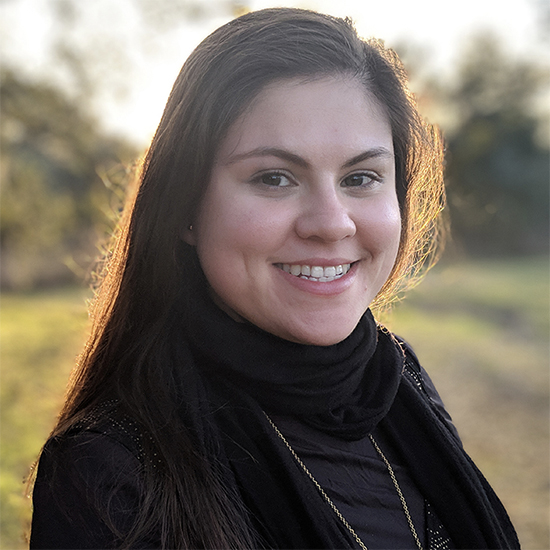
 Enlarge
Enlarge
Amani Alkayyali
Amani draws upon her background in hardware and software with the goal of creating unobtrusive and passive health monitoring systems. Effective methods to continuously monitor one’s activities of daily living (ADL), such as eating, dressing, and bathing, as well as vital signs and social interactions, could radically transform how we detect and treat illnesses and provide a new form of long-term care. Amani is working on a passive health and wellness monitoring system that an individual can easily deploy in their home. This system can take the form of embedded sensors throughout the home or a smart device on a shelf, inferring individuals’ ADL and physiological health from a distance. This passive system requires Amani to build an end-to-end system to collect activity and physiological health data, use the data with machine learning to infer ADL, and evaluate the system with individuals in home environments. Amani is advised by Prof. Alanson Sample.
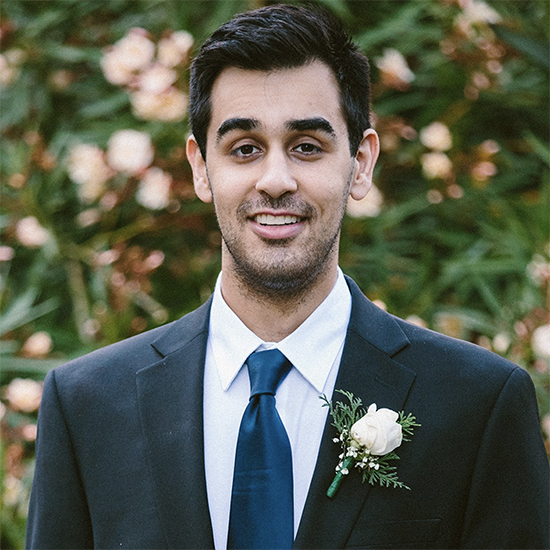
 Enlarge
Enlarge
Armand Behroozi
Armand’s research is at the intersection of hardware and compilers. He aims to create a computer that automatically adapts to the needs of its input data. In today’s information era, the amount of generated data is growing at an exponential rate while processor performance and energy efficiency are lagging due to the coming end of Moore’s Law. To help bridge this gap, Armand envisions a system that can speedily detect, understand, and react to the specific properties of each input, similar to how a self-driving car adapts its decisions to maximize performance and avoid crashes based on whether it is rainy or sunny. A computer with these capabilities would adapt to the content of its inputs and change its behavior based on features such as pixel color or motion due to raindrops if it is to perform at its peak. Armand is advised by Prof. Scott Mahlke.
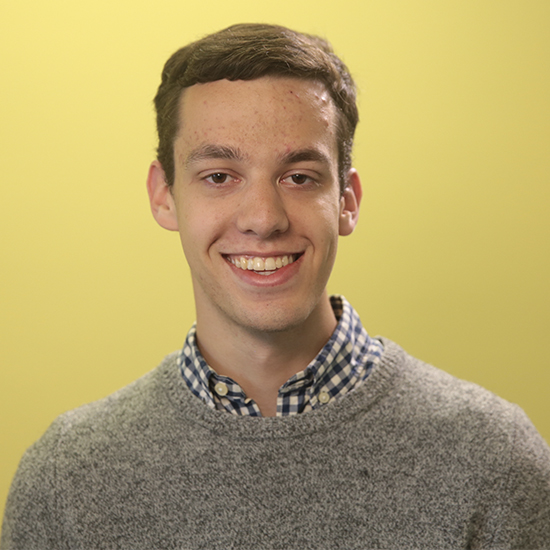
 Enlarge
Enlarge
Caleb Belth
Caleb’s research focuses on developing scalable graph methods for missing or incomplete data. To do so, he draws on ideas from information theory and linguistics, such as entropy and insights from language learning. His research has contributed methods for evolving networks, which only contain the network’s past evolution, and knowledge graphs that are missing facts about the world. Applications of his work include anomaly detection, city/urban planning, and suspicious behavior discovery. Caleb is advised by Prof. Danai Koutra.
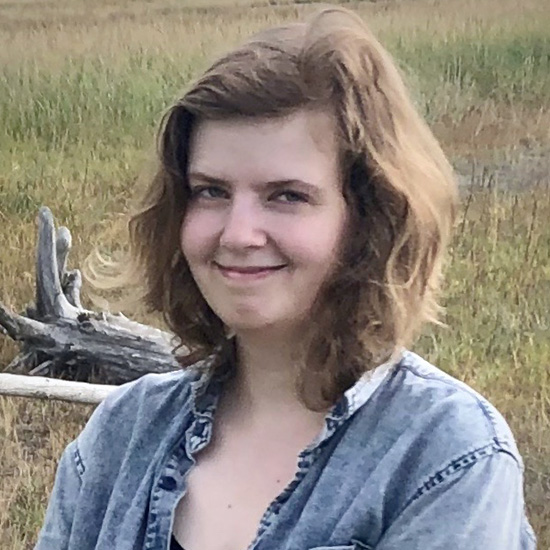
 Enlarge
Enlarge
Madeline Endres
Madeline’s research is at the intersection of software engineering, human factors, and education. In particular, she is interested in reducing computing barriers for both novice and expert programmers, especially through the lenses of program comprehension, and diversity. Recent projects include automatically generating fixes for bugs in student-written programs and studying the correlation between spatial reasoning ability and program comprehension. She is currently running a semester-long study that uses medical imaging to investigate the effects of spatial training on novice programming ability at the neurological level. Madeline is advised by Prof. Westley Weimer.
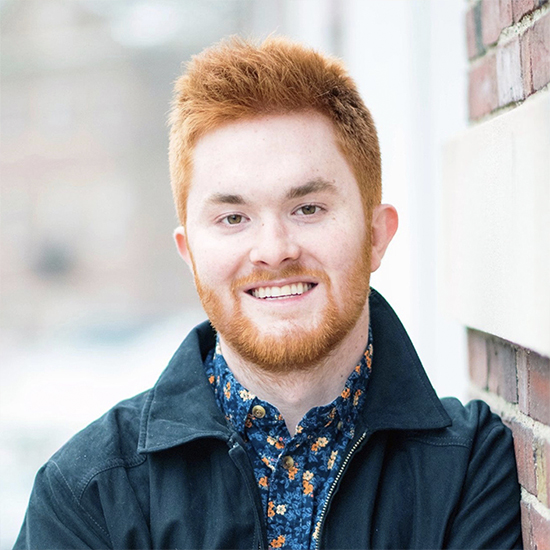
 Enlarge
Enlarge
Kevin Loughlin
Kevin’s research is at the intersection of computer architecture and systems, with an emphasis on secure hardware-software co-design. His current work aims to efficiently and automatically protect data against speculative execution attacks such as Spectre and Meltdown. Broadly speaking, he is interested in creating novel hardware interfaces for software systems, in order to afford the programmer maximal control of the security, speed, and resource utilization of their code. Kevin is advised by Prof. Baris Kasikci.
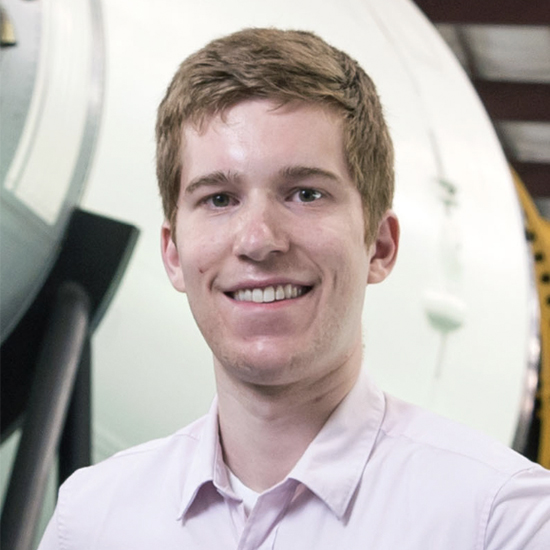
 Enlarge
Enlarge
Andrew Loveless
Andrew’s research is in the theory and practice of reliable distributed computing. In particular, he is interested in designing more efficient techniques for constructing safety-critical systems – systems whose failure can result in loss of life, significant damage, or large financial repercussions. His goal is to develop fault tolerance techniques that do not rely on any specialized hardware, and thus can be realized with a large variety of processor boards, networks, and operating systems. Outside of CSE, Andrew works in the Avionic Systems Division at NASA Johnson Space Center, where his focus is on the development of fault-tolerant avionic systems for manned spaceflight. Andrew works with Profs. Ron Dreslinski and Baris Kasikci.
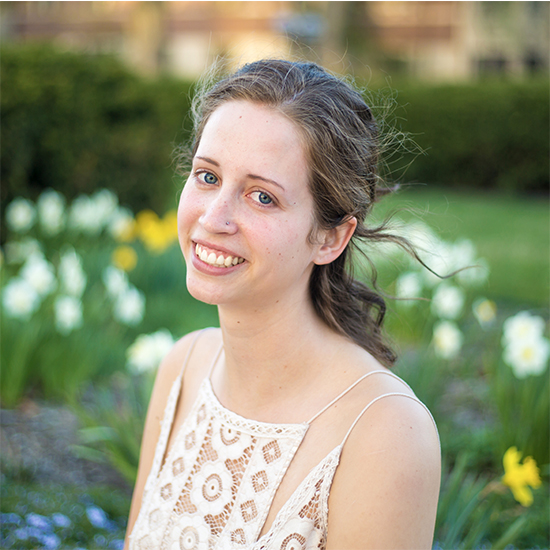
 Enlarge
Enlarge
Jule Schatz
Jule researches different models to help give AI agents more reasoning and common sense abilities. She currently works to incorporate causal models into an existing agent built in the cognitive architecture Soar to help the agent reason with causal information. Soar is a general cognitive architecture used worldwide to develop systems that exhibit intelligent behavior. She hopes to expand the system to also learn new causal models through interactive task learning. Jule is advised by Prof. John Laird.
Honorable Mentions
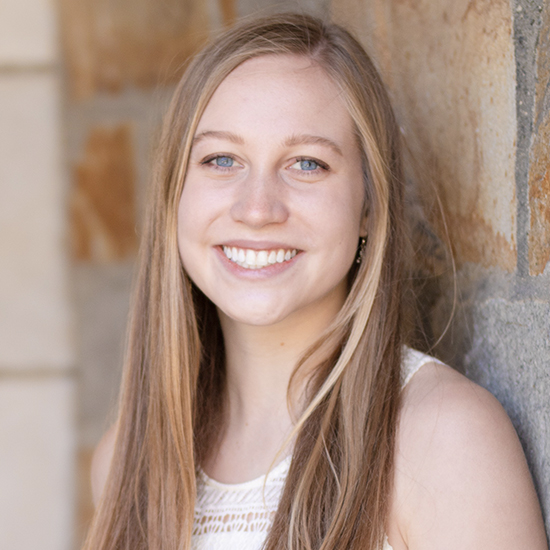
 Enlarge
Enlarge
Katherine Matton
Katherine’s research is focused on automatically measuring and forecasting symptom severity in individuals with Bipolar Disorder using speech data. Bipolar Disorder is a severe mental illness characterized by mood swings of mania and depression, and both of these mood states are associated with changes in speech and language. Her work uses techniques from machine learning and speech and natural language processing to model changes in speaking patterns and their relationship to changes in mood symptom severity. Katherine is advised by Prof. Emily Mower Provost.
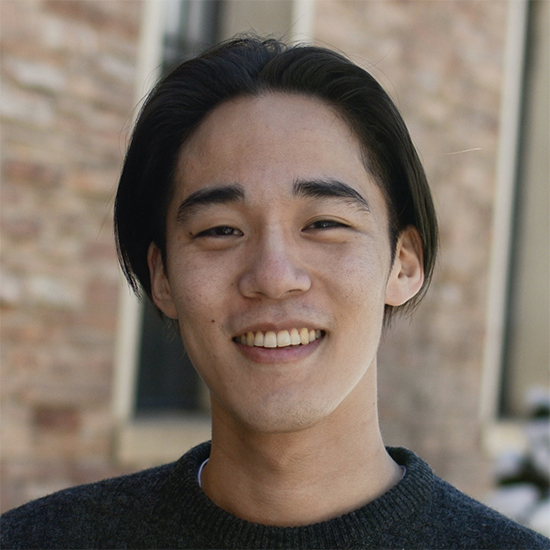
 Enlarge
Enlarge
David Moon
David develops interfaces for live programming, a workflow in which the programmer receives continuous feedback about a program’s dynamic behavior throughout the editing process. His work comprises two threads: specifying and proving formal guarantees of his designed interfaces (for example, that every edit state can be run to produce a result); and implementing and empirically validating his designs through user studies. He is particularly interested in evaluating the impact of live programming in gender-inclusive and pedagogical contexts. David is advised by Prof. Cyrus Omar.
 MENU
MENU 
